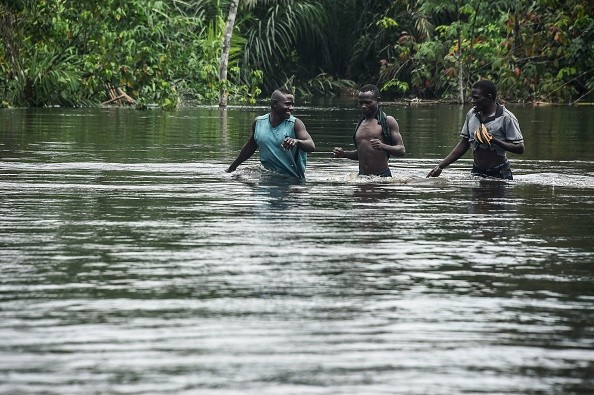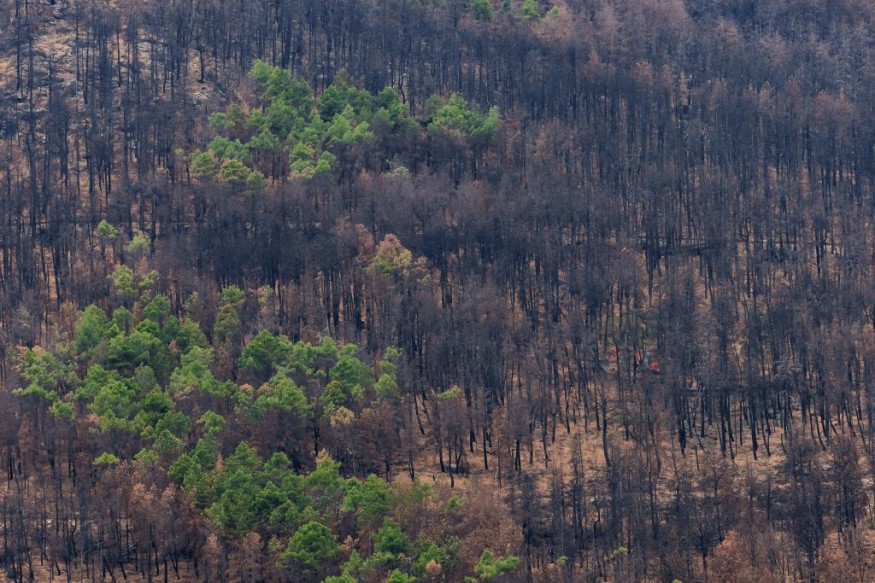Major studies warn that the world is close to an "irreversible" climatic meltdown. As oil companies record enormous profits, major UN assessments warn that immediate and coordinated action is required.

One of the top climate experts in the world stated that the climate problem had reached a "bleak point" after several significant publications revealed how vulnerable the globe is to disaster.
Urgent Situation
Global cooperation is more critical than ever to prevent climate tipping points, according to Prof. Johan Rockström, yet geopolitical tensions are at an all-time high.
He stated that "time is running out very fast" and that the globe was "very, very close to irreversible changes."
The research revealed that emissions are still rising even though they must decrease by roughly half by 2030 to achieve the internationally agreed-upon objective of 1.5C of warming. This is happening at a time when oil companies are earning enormous profits.
On Thursday, shell and TotalEnergies increased their quarterly profits to almost $10 billion. After Russia's invasion of Ukraine and the surge in post-Covid demand, oil and gas industry behemoths have profited greatly. The industry is anticipated to generate $4 trillion in revenue in 2022, reinforcing the case for high windfall taxes to deal with the rising cost of living and finance the switch to clean energy.
Grim Findings

In the past two days, devastating findings have been released by all three of the major UN organizations. According to the UN environment agency's study, there is "no credible road to 1.5C in place" and "woefully inadequate" progress being made in reducing carbon emissions, making a "rapid transformation of society" the only option for reducing the worst effects of the climate catastrophe.
According to the UN's climate agency, even if pledges for action by 2030 are thoroughly carried out, they would result in a rise in global heating of around 2.5C, which would doom the planet to a catastrophic climate collapse. Despite committing to do so at the Cop26 UN climate summit in Glasgow, a few countries have stepped up their efforts in the past year.
Climate Action, Now
According to the UN's meteorological agency, the primary heating gases all reached new highs in 2021, with methane emissions, a strong greenhouse gas, increasing alarmingly.
Separately, the IEA's world energy report gave hope, predicting a peak in CO2 emissions from fossil fuels by 2025 as high energy costs push countries toward clean energy. However, it cautioned that this would not be enough to prevent severe climate impacts.
"It's a grim moment," said Rockström, director of the Potsdam Institute for Climate Impact Research in Germany. "We are not delivering on either the Paris or Glasgow climate agreements. We also have so much scientific evidence that we are very close to irreversible changes. We're coming closer to tipping points."
For more news update about Environmental Action, don't forget to follow Nature World News!
© 2025 NatureWorldNews.com All rights reserved. Do not reproduce without permission.





